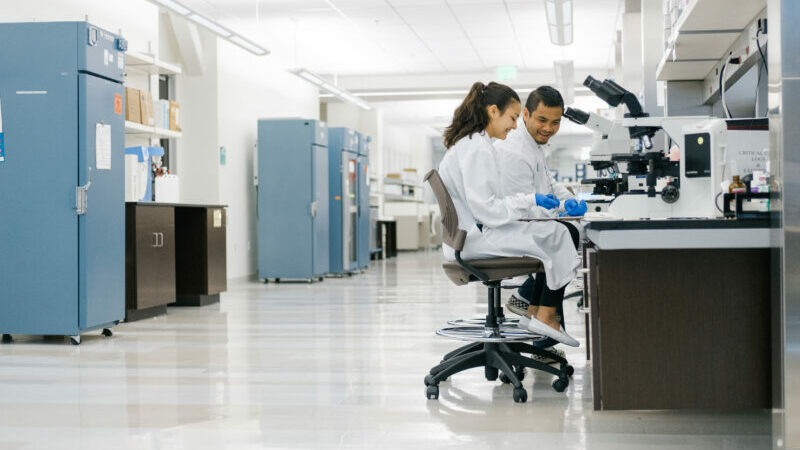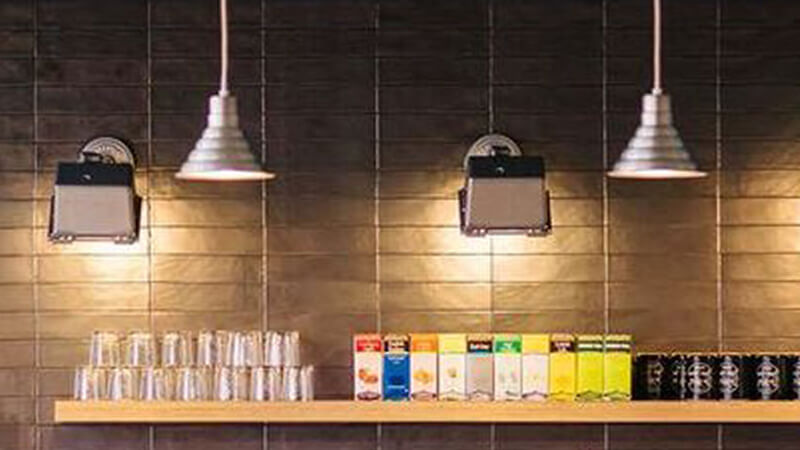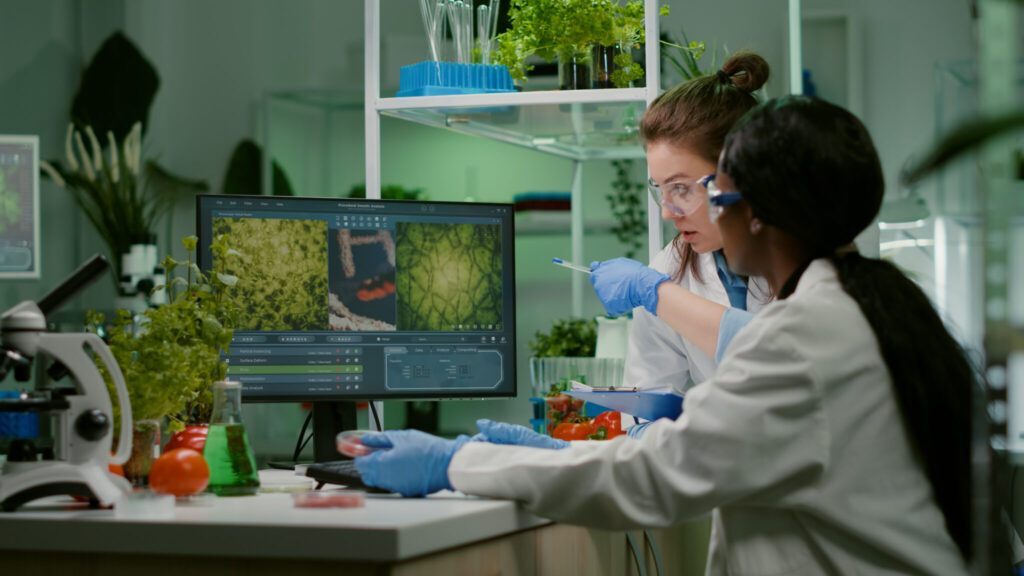
Unexpected innovation: Plant-powered protein and cell-cultured sushi
Mar 28, 2025 - Mira Paranjape
You might know that San Diego is the third largest life sciences cluster in the U.S. But did you know a number of regional companies are making strides in life sciences research…with surprisingly delicious results?
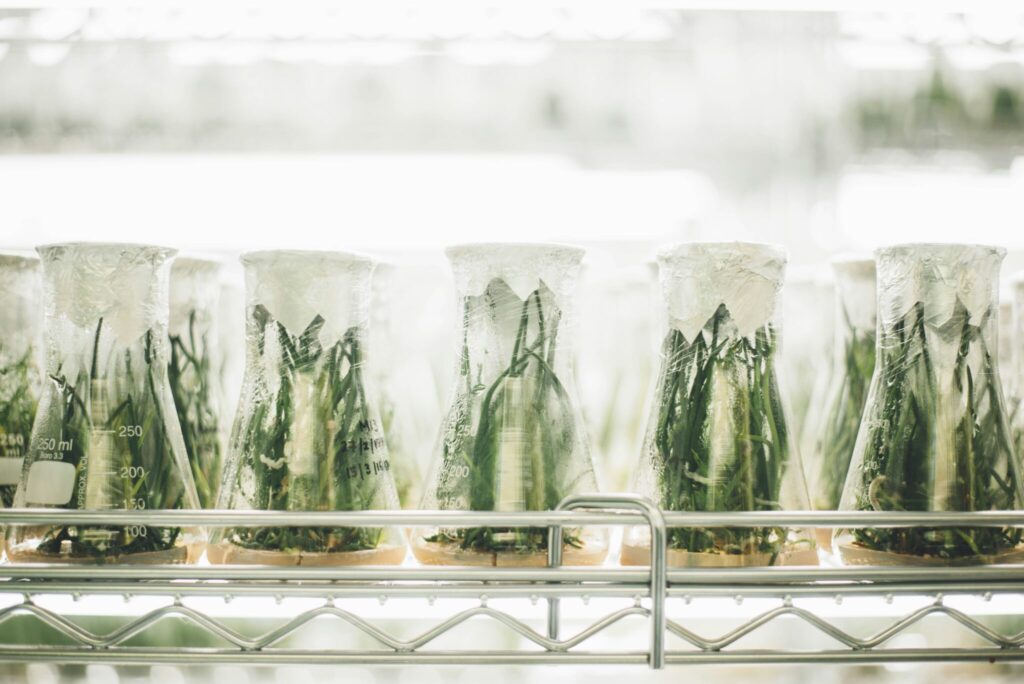
A plant-powered animal protein alternative
San Marcos-based biology company Plantible is taking the phrase “plant-based” to a whole new level. Its mission is to make an affordable, accessible, and tasty alternative to animal-protein that’s also sustainable and scalable. The secret ingredient to the company’s success? RuBisCO (or Rubi Protein).
Created by the company’s Dutch founding duo, Tony Martens and Marits van de Ven, Rubi Protein is a natural enzyme that provides the same nutrients as animal proteins and is scalable and affordable to produce. Said to be one of the most abundant proteins on the planet, this tiny enzyme can act as an allergen-free egg substitute, foaming agent, and sensory-enhancing addition to plant-based dairy and meats.
Of course, the protein can’t be created out of thin air, so the duo turned to lemna, a tiny free-flowing aquatic plant that doubles in size in just two days, is always in season, and uses up to 90 percent less water than most crops, including peas and soybeans.
Having cracked the code for harvesting Rubi Protein, Plantible is currently working on production and expanding the business. While the product is not available to consumers yet, it is being used by a confidential set of businesses—and the founders hope it’ll one day be on shelves. With an impressive list of major food company investors and a recent $20 million Series B round, we’re positive we’ll be enjoying Plantible’s aquafarm-to-table offerings sooner than we think.
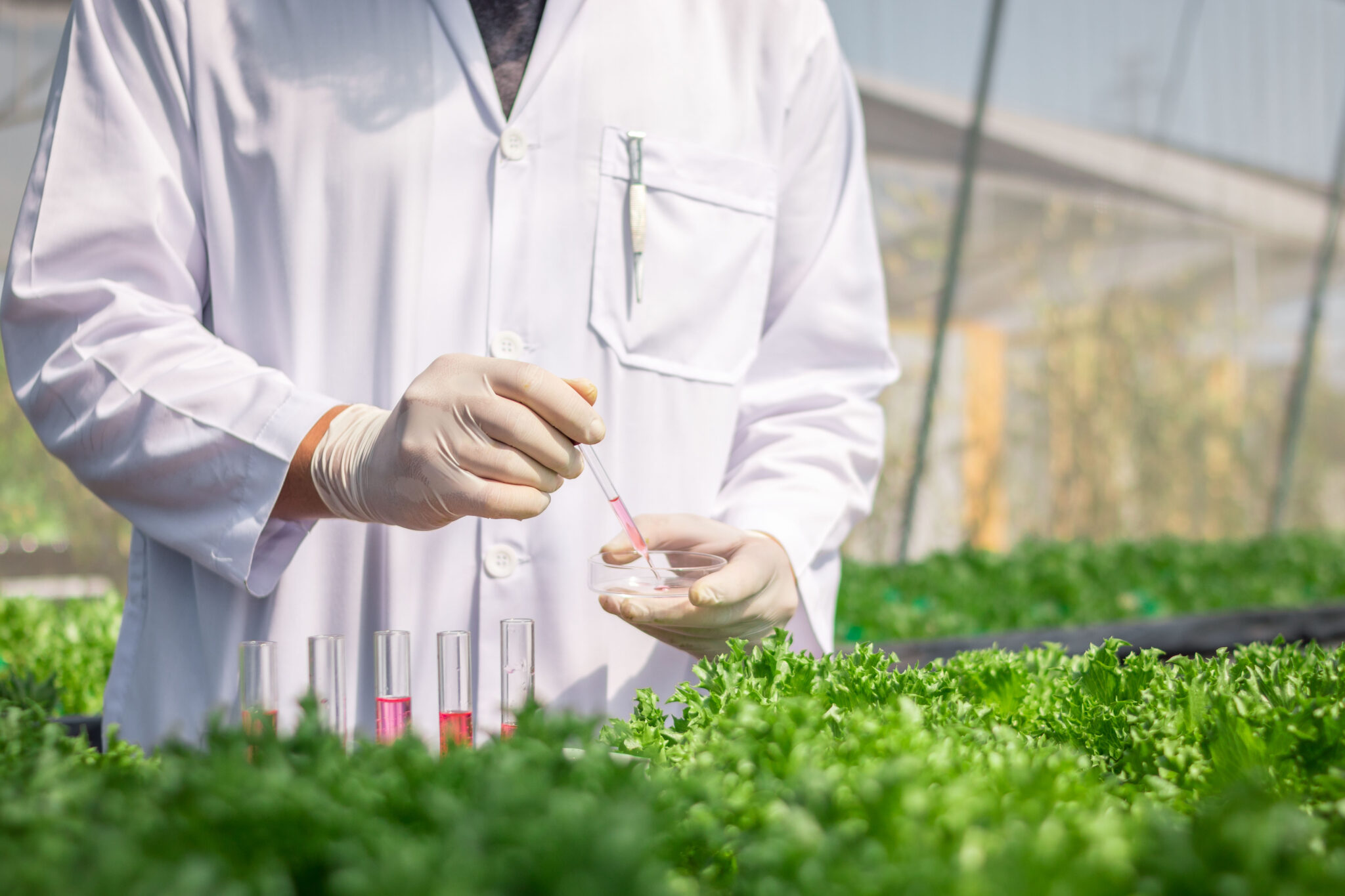
Fresh seafood, made directly from cells
One of the many perks of San Diego’s proximity to the ocean is fresh seafood. Unfortunately, with rising environmental crises and issues in the seafood supply chain, this privilege could soon be swept away. That’s why Sorrento Valley-based cellular aquaculture startup BlueNalu is creating an alternative way to enjoy our favorite fish while protecting our oceans.
BlueNalu’s big selling point is its cell-cultured seafood—which means the company grows fish from cell samples in its San Diego facilities. As fish are being depleted from the sea at a rate that’s dismantling the seafood supply chain and consumers worry about health risks from mercury and microplastics, BlueNalu’s innovation ensures that we can consistently, sustainably, and safely continue enjoying high-quality seafood. (Still wondering if “cell-cultured seafood” means it’s an animal product or an alternative? San Diego Magazine clears it up: “It’s a genuine animal product with similar—if not identical—nutritional value to the real thing.”)
While BlueNalu isn’t available at your local fish market just yet, its future is looking positive. The company operates two Sorrento Valley facilities—one dedicated to R&D, focused on optimizing cell lines and expanding the product portfolio, and another focused on scaling production of its first commercial product, cell-cultured bluefin tuna toro. And in a historic moment, BlueNalu also recently became the first company in the cell-cultured seafood industry to be invited and accepted into the National Fisheries Institute.
So: Cell-cultured sushi, anyone?
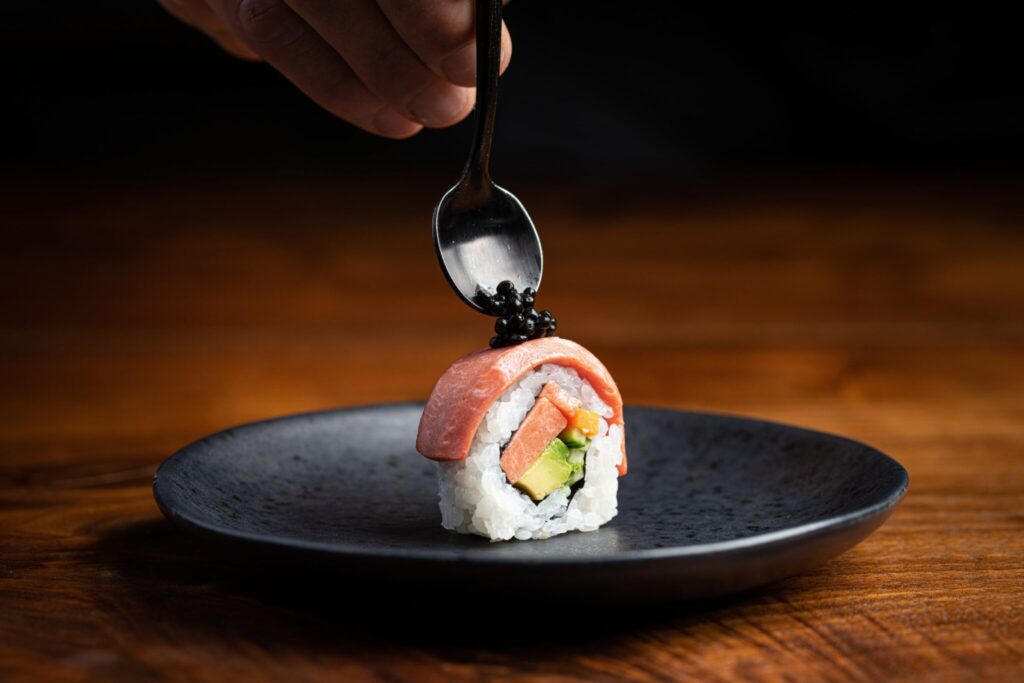
An order of egg protein, hold the hen
The ocean isn’t the only area where food innovation is evolving. Back on dry land, food-based biotech company Onego Bio is producing animal-free egg protein from its new Sorrento Valley office—the Finnish company’s first U.S. location. The company’s mission is to build a better food system that provides a stable, nutritious source of egg protein that will be unaffected by fluctuating factors on hens. So, what’s Onego Bio’s breakthrough solution? Bioalbumen, the “perfect protein.”
To create the best egg replacement, Onego Bio focused on producing a protein identical in nature to ovalbumin, which is responsible for an egg’s functional properties and nutrients. This innovative protein, Bioalbumen, offers the “full functionality, perfect protein quality, and delicious neutral flavor” of an egg in powdered form.
But how does the company produce the protein? Simple: The decades-old technology of precision fermentation. Through this process, a species of fungi acts as a living factory to produce ovalbumin, which is then dried into the Bioalbumen powder. Compared to a hen that might lay an egg a day, these mighty microorganisms can produce the protein with much more efficiency. With the possibilities Bioalbumen presents, we might be whipping up meringues, pasta, and bread with this protein replacement very soon.

Get involved in innovation
The future of food is looking tastier than ever, thanks to innovation growing in our own backyard. Looking to get your hands dirty? Join the teams leading life sciences research at Plantible, BlueNalu, and Onego Bio.
